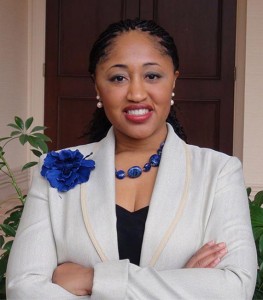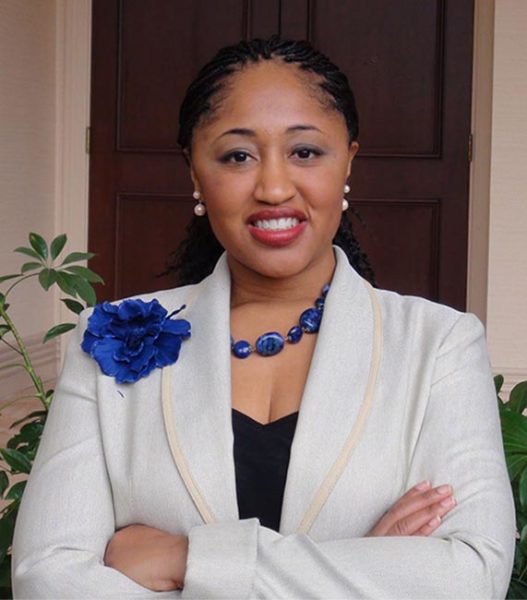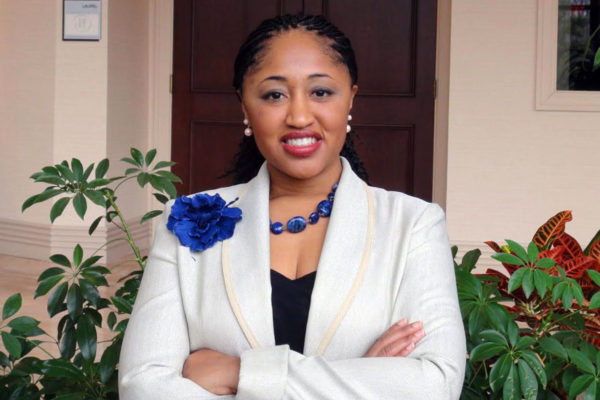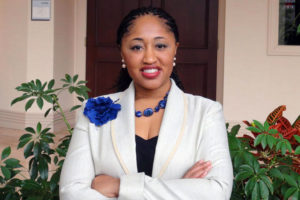 Community Matters is a biweekly opinion column. The views expressed are solely the author’s.
Community Matters is a biweekly opinion column. The views expressed are solely the author’s.
Last month I spent eight hours at Arlington Independent Media (AIM) taking an audio production class. I marveled at the backgrounds, perspectives and skill sets that my classmates could bring to the airwaves.
Among us were a female veteran who is a motivational speaker, a filmmaker who has an interest in the women’s suffrage movement, an engineer and writer who focuses on environmental stewardship and historical fiction, and a woman who wants to produce a show about the downside of romantic relationships.
Next year I will be producing and hosting the Arlington League of Women Voters’ (LWV) radio show “Making Democracy Work” through AIM which will explore the importance of exercising our rights, responsibilities and civic duties. The show will feature prominent voices on a number of topics including voting rights, redistricting, General Assembly legislation and the importance of inclusivity in civic engagement.
The radio booth brought back memories of my time in the Peace Corps. While I was serving in Paraguay one of my projects was with the community radio station, Radio Villeta FM. Paraguay was transitioning from a dictatorship to a democracy, and as a champion of free speech, Radio Villeta flourished in this environment. It was gratifying to see the programming that residents produced, and their passion for their community. Regardless of its quality, the radio station was representative of what democracy means to me – open and participatory, a hub for the community, creative, and while often imperfect, always striving to represent the community’s needs.
The LWV was founded in 1920 by suffragist Carrie Chapman Catt at the National American Woman Suffrage Association’s convention. The 19th amendment gave 20 million women the right to vote (although primarily only white women could vote in practice) and the LWV helped them exercise their newfound right. The Arlington chapter has been on the forefront of civic engagement and refining our democracy since our chartering in 1944 and encourages participation.
In the midst of what is happening at the federal level, it’s easy to fear that instead of strengthening our democracy, we are moving in the other direction. In 2018, former Secretary of Labor Robert Reich provided these 10 steps to make our democracy work. An underlying idea in these steps is a stronger civil society. Whether its community radio, or the LWV, we keep trying to move towards a more perfect union.
I served in the Peace Corps during the 2000 elections and Bush v. Gore. Day after day when I walked through the streets the neighbors would yell out “Is there a winner yet?” and “Are you rooting for Bush or Gore”? The United States is revered as a model democracy so it was somewhat embarrassing to teach about democracy during this time, but served as a great opportunity to demonstrate that while democracies are imperfect, we keep trying.
The LWV and AIM are only two examples of Arlington’s contributions to a strong civil society. While the national state of affairs may be disheartening, Arlingtonians don’t have to look farther than some of our longstanding institutions to be proud of the work we have done to strengthen our democracy, no matter how imperfect.
Krysta Jones has lived in Arlington since 2004 and is active in local politics and civic life. This column is in no way associated with or represents any person, government, organization or body — except Krysta herself.





